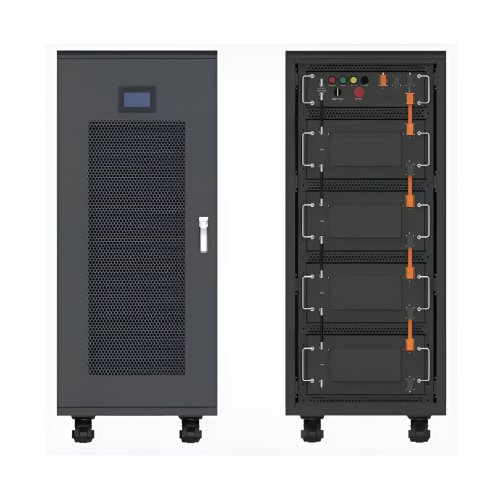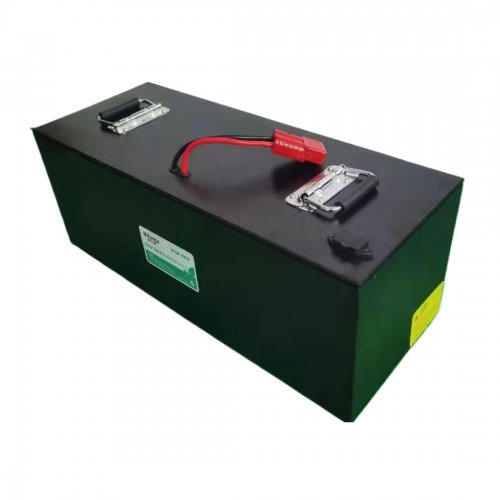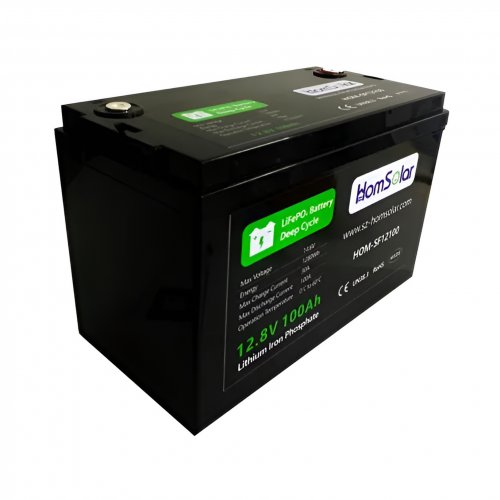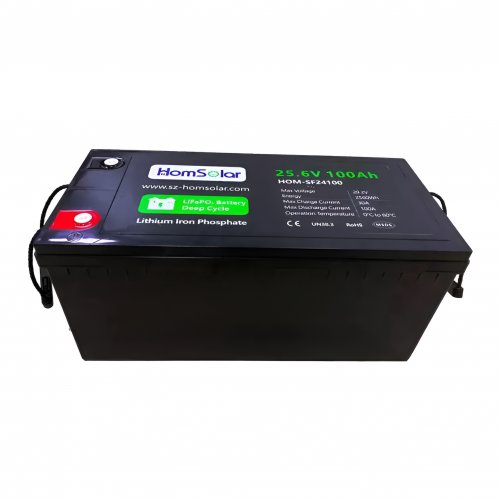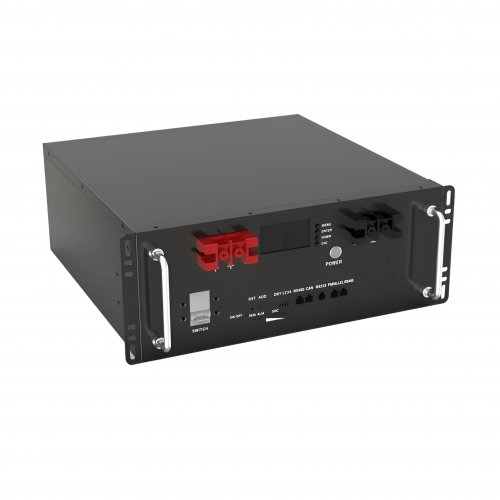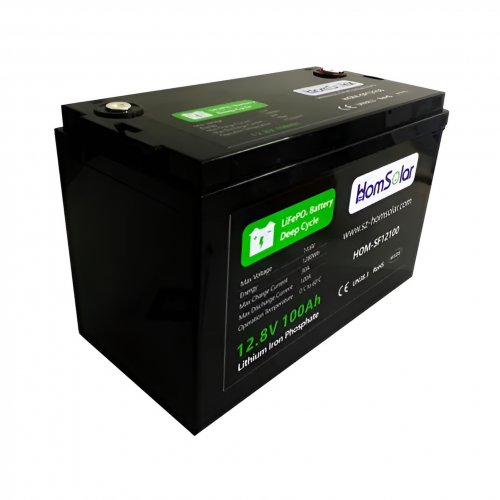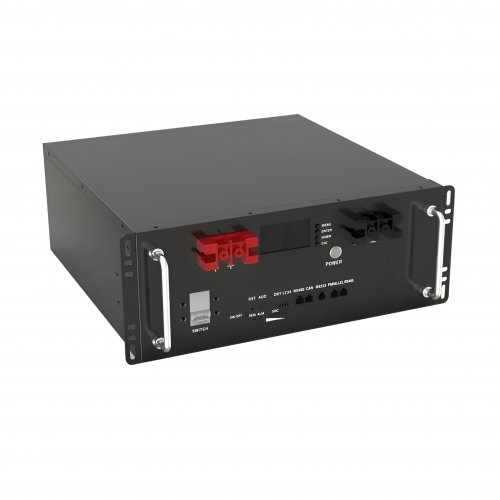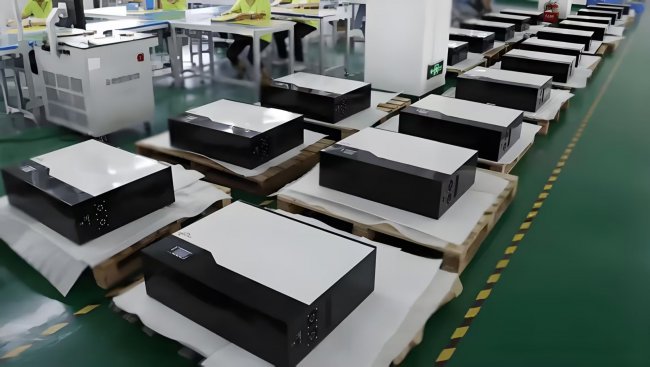Government Policies News: Navigating The New Regulatory Landscape For Tech And Green Industries
The global economic environment is increasingly shaped by a wave of new and updated government policies, creating both challenges and opportunities for key sectors. From stringent digital regulations to ambitious climate frameworks, legislative and executive actions are fundamentally altering corporate strategies and market dynamics. Industry leaders are now tasked with navigating this complex and often fragmented regulatory terrain, where compliance has become a critical component of strategic planning.
Latest Industry Developments
In recent months, several significant policy developments have captured international attention. The European Union’s Artificial Intelligence Act, which received final approval, is setting a global benchmark for the regulation of AI systems. This comprehensive legislation categorizes AI applications based on their risk level, imposing strict transparency and safety requirements on high-risk systems and outright banning those deemed to pose an unacceptable risk. This move is forcing tech giants and startups alike to rigorously audit their technologies and adapt their development roadmaps.
Concurrently, across the Atlantic, the implementation of the U.S. Inflation Reduction Act (IRA) continues to accelerate investment in clean energy and domestic manufacturing. Billions of dollars in tax incentives and grants are flowing into projects related to electric vehicles, battery production, hydrogen, and renewable energy. Major announcements from automotive and energy companies regarding new facilities in North America are a direct response to these financial incentives, signaling a powerful shift in global supply chains influenced by policy.
In Asia, governments are also active. China is further refining its policies on data security and cross-border data flows, adding another layer of compliance for multinational corporations operating within its borders. Meanwhile, countries like Japan and South Korea are unveiling their own support packages for semiconductor industries, aiming to bolster national security and economic resilience by ensuring a stable supply of critical components.
Trend Analysis: Coherence, Competition, and Compliance
Analyzing these movements reveals several overarching trends. Firstly, there is a growing tension between policy coherence and fragmentation. While supranational bodies like the EU seek to create unified regulatory standards, the result on a global scale is a patchwork of differing rules. Companies operating internationally must now navigate disparate data privacy laws (like the GDPR vs. other national standards), varying carbon tax schemes, and competing subsidy requirements, increasing operational complexity and legal costs.
Secondly, industrial policy is making a decisive comeback. The era of hands-off governance is waning, replaced by strategic interventions aimed at building competitive advantage in key future industries. This is most evident in the fierce competition between the U.S., EU, and China over tech supremacy and the green transition. Policies are explicitly designed to onshore or friend-shore supply chains, reducing dependencies that were exposed during the pandemic and amid geopolitical tensions. This trend is redirecting global capital flows and reshaping international trade patterns.
Finally, the scope of compliance is expanding beyond traditional financial reporting. Corporations are now facing mandatory disclosures on environmental, social, and governance (ESG) factors. The EU’s Corporate Sustainability Reporting Directive (CSRD) is a prime example, requiring detailed reporting on environmental and social impacts. This shift is transforming corporate governance, elevating the importance of sustainability expertise within boardrooms and creating a burgeoning market for ESG verification and data services.
Expert Perspectives
Industry experts and analysts emphasize the strategic imperative of proactive engagement with these policy shifts. Dr. Elara Vance, a senior fellow at the Institute for Economic Strategy, notes, "Companies can no longer afford to treat government policy as an external, unpredictable force. The most successful organizations are those integrating regulatory analysis into their core business strategy from the outset. Policy intelligence is now a key competitive asset."
Many experts also highlight the potential for innovation spurred by regulation. "The IRA isn’t just a subsidy bill; it’s a massive market signal," states Michael Thorne, a clean energy analyst. "It de-risks investment in nascent technologies like green hydrogen and carbon capture, accelerating their path to commercialization and scale. Policy is effectively creating new markets that private capital is now rushing into."
However, concerns about a fragmented global system are widely shared. "The lack of interoperability between different regulatory regimes, particularly in digital policy and carbon accounting, creates significant inefficiencies," warns Lena Petrova, a partner at a global law firm specializing in regulatory compliance. "We are advocating for greater international coordination to establish common standards, which would reduce the compliance burden on businesses and foster more seamless global trade."
In conclusion, government policies have moved from the periphery to the center of corporate strategy. The current wave of legislation and regulation is actively sculpting the future of industries, prioritizing sustainability, data security, and national resilience. While presenting considerable compliance challenges, these policies are also unlocking new avenues for growth and innovation. For businesses, the path forward requires vigilant monitoring, strategic adaptability, and an active voice in the policy-making process to help shape a coherent and conducive regulatory environment for the future.
Customized/OEM/ODM Service
HomSolar Supports Lifepo4 battery pack customization/OEM/ODM service, welcome to contact us and tell us your needs.


HomSolar: Your One-stop LiFePO4 Battery Pack & ESS Solution Manufacturer
Our line of LiFePO4 (LFP) batteries offer a solution to demanding applications that require a lighter weight, longer life, and higher capacity battery. Features include advanced battery management systems (BMS), Bluetooth® communication and active intelligent monitoring.

Customised Lithium Iron Phosphate Battery Casing
ABS plastic housing, aluminium housing, stainless steel housing and iron housing are available, and can also be designed and customised according to your needs.

HomSolar Smart BMS
Intelligent Battery Management System for HomSolar Energy Storage System. Bluetooth, temperature sensor, LCD display, CAN interface, UART interface also available.


Terminals & Plugs Can Be Customized
A wide range of terminals and plugs can be customised to suit the application needs of your battery products.

Well-designed Solutions for Energy Storage Systems
We will design the perfect energy storage system solution according to your needs, so that you can easily solve the specific industry applications of battery products.



About Our Battery Cells
Our energy storage system products use brand new grade A LiFePO4 cells with a battery lifespan of more than 4,000 charge/discharge cycles.



Applications in Different Industries
We supply customized & OEM battery pack, assemble cells with wiring, fuse and plastic cover, all the cell wires connected to PCB plug or built BMS.
Applications: E-bike, Electric Scooter, Golf Carts, RV, Electric Wheelchair, Electric Tools, Robot Cleaner, Robot Sweeper, Solar Energy Storage System, Emergency Light, Solar Power Light, Medical Equipment, UPS Backup Power Supply.
We can provide you with customized services. We have the ability to provide a vertical supply chain, from single cells to pack/module and to a complete power solution with BMS, etc.


HomSolar (Shenzhen) Technology Co., Ltd










